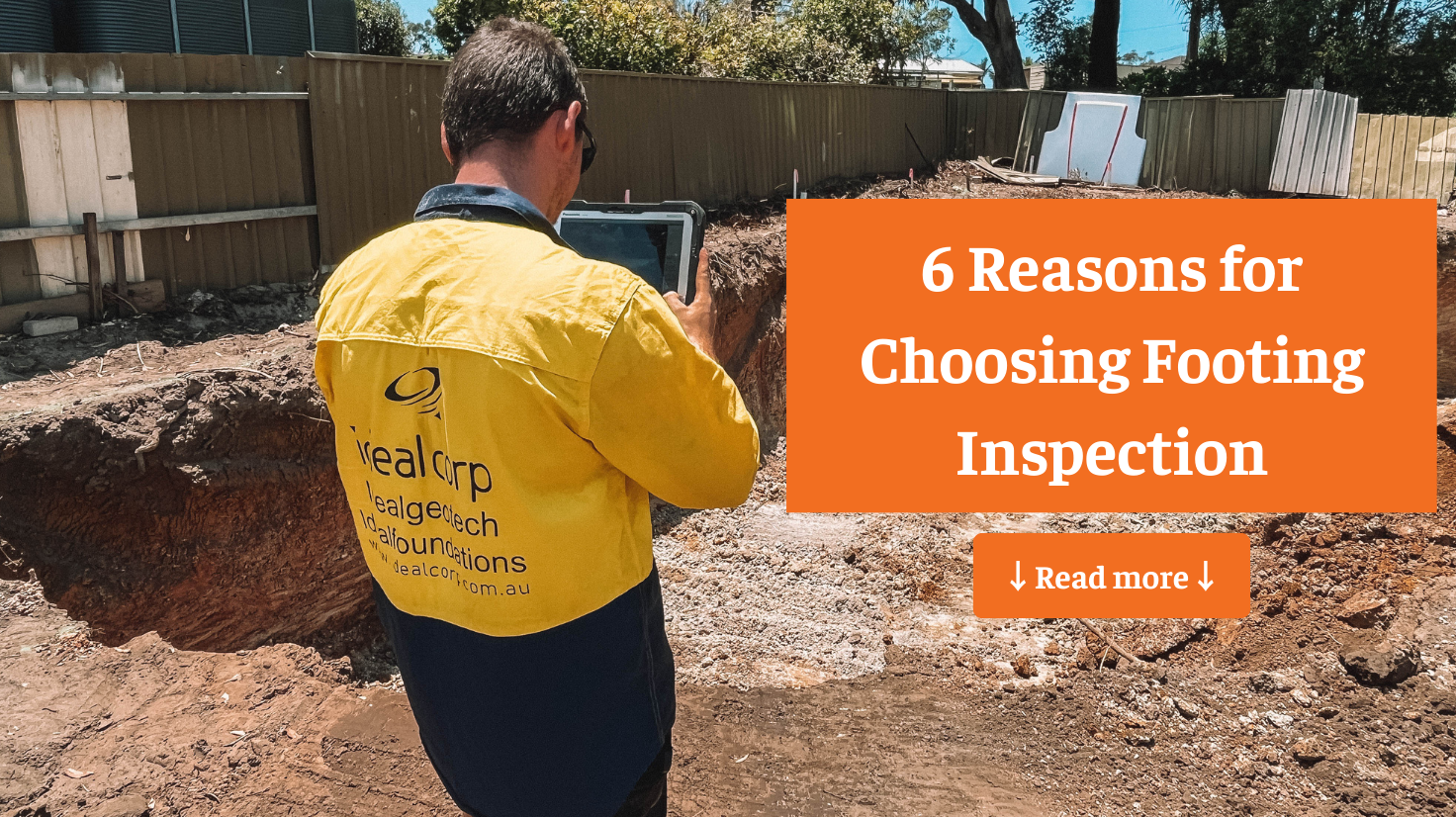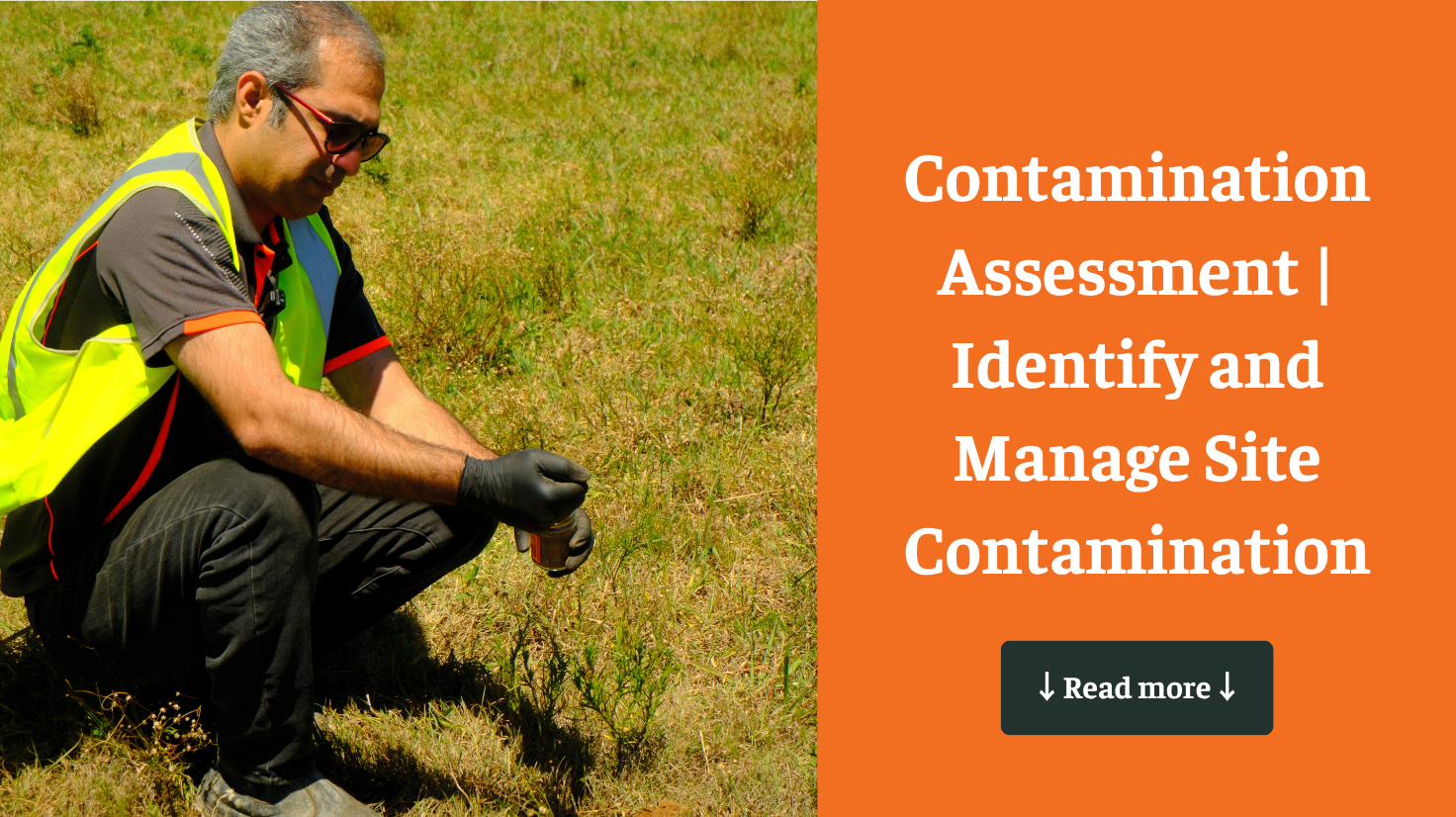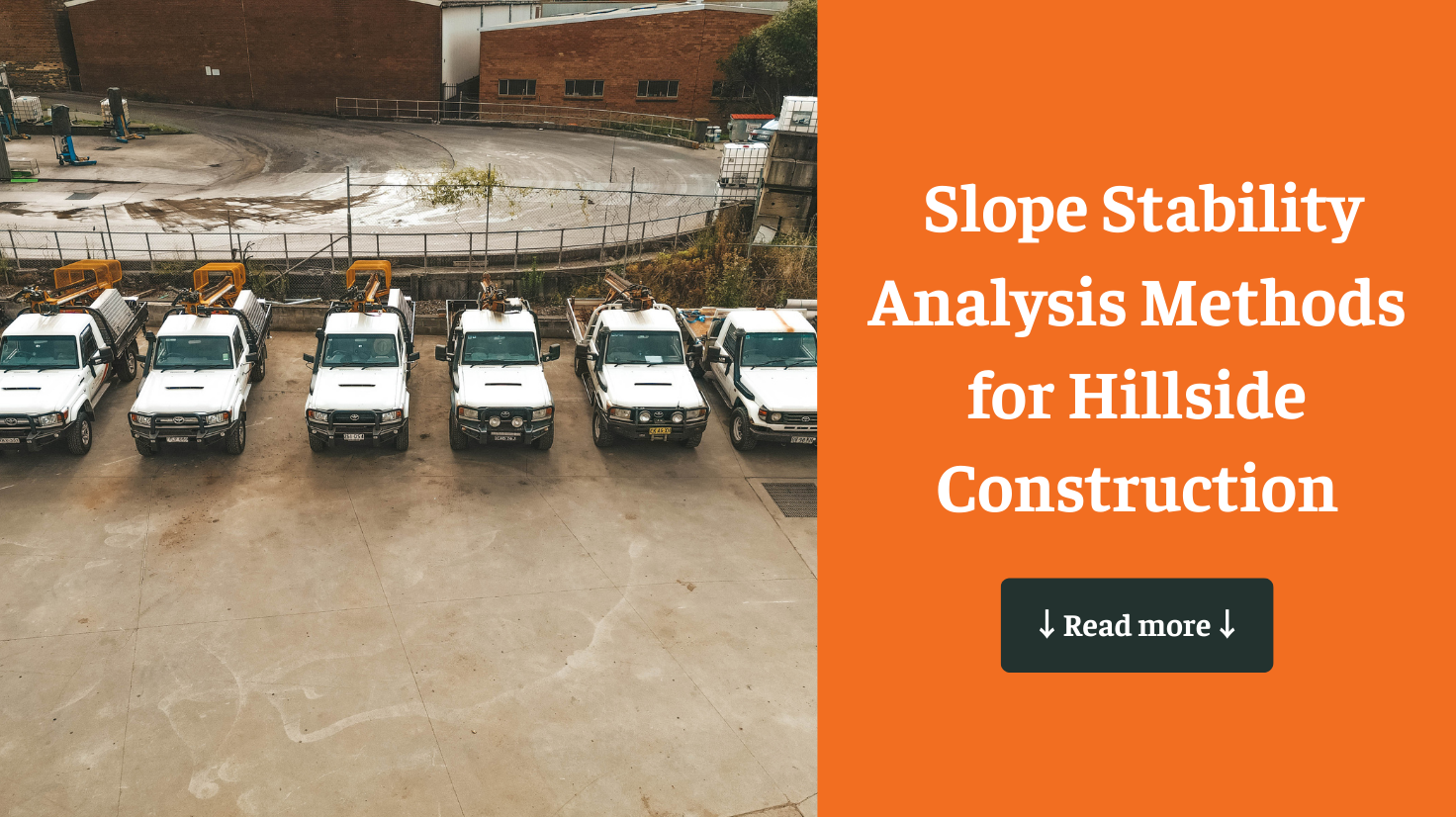When it comes to constructing a strong and durable building, the significance of a solid foundation cannot be overstated. One of the most crucial steps in ensuring your construction project starts on the right foot is a thorough footing inspection. This inspection serves as the cornerstone of your project’s success, identifying potential issues before they become costly problems.
Here are six compelling reasons why a footing inspection is essential for your next construction project.
1. Ensure Structural Integrity
The primary purpose of a footing inspection is to safeguard the structural integrity of your building. The footings are the foundation’s foundation—they bear the entire weight of the structure above. If there are any flaws or inadequacies in the footings, the entire building is at risk. These issues can lead to severe problems such as settlement, cracks, and even structural failure over time. A comprehensive footing inspection will identify any potential problems early in the process, allowing you to implement corrective measures before construction progresses too far. By ensuring the footings are sound, you are laying a stable groundwork for the entire building.
2. Compliance with Building Codes
Building codes and regulations exist to ensure the safety, durability, and legal compliance of structures. In Australia, these codes are rigorous, reflecting the need for buildings that can withstand various environmental conditions and last for generations. A footing inspection is essential to ensure your construction project adheres to these codes. Non-compliance can lead to significant consequences, including hefty fines, project delays, or even the need to redo parts of the construction. Such setbacks not only increase costs but also waste valuable time. By conducting a footing inspection, you can be confident that your project meets all the necessary legal requirements, helping you avoid costly pitfalls and ensuring a smooth construction process.
3. Identify Soil and Ground Conditions
Every construction site is unique, with varying soil types and ground conditions that significantly impact the design and construction of footings. A footing inspection provides vital information about the soil and ground conditions at your site. Different soils, such as clay, sand, or loam, require different footing designs to ensure stability. For instance, clay soils, known for their expansive nature, may necessitate deeper or more robust footings compared to sandy soils, which are more stable. By understanding these conditions early on, you can design footings that provide the necessary support, preventing issues like differential settlement that could compromise the building’s stability. A footing inspection ensures that the foundation is tailored to the specific ground conditions, enhancing the overall safety and longevity of the structure.
4. Prevent Future Problems
A footing inspection is not just about assessing the present state of the foundation; it’s about preventing future problems. Many structural issues, such as cracks in walls, uneven floors, or doors and windows that fail to close properly, can often be traced back to inadequacies in the footing. These problems can arise years after construction is complete, leading to expensive repairs and potential safety hazards. By conducting a thorough footing inspection at the beginning of your project, you can identify and address potential issues before they escalate. This proactive approach saves time and money in the long run, ensuring that the building remains stable and secure for many years to come.
5. Standards Compliance
In Australia, footing inspection is essential for ensuring compliance with the requirements of AS2870 in the Australian Standards. These standards outline the criteria for designing and constructing footings in residential, commercial, and industrial buildings, ensuring that structures are safe, durable, and fit for purpose. Adhering to these standards is not only a legal requirement but also a testament to the quality of the construction. A footing inspection ensures that your project meets these stringent standards, reducing the risk of structural issues and legal complications. This adherence to recognised standards guarantees that your construction is built to last, providing a solid foundation for the future.
6. Protect Your Investment
Building a structure is a significant investment, and protecting that investment should be a top priority. A footing inspection is a critical step in safeguarding your investment by ensuring that the foundation is solid, secure, and capable of supporting the building for its entire lifespan. By verifying the integrity of the footings, you are protecting not just the physical structure but also the financial investment and the safety of the occupants. A well-constructed foundation enhances the property’s value, minimises the risk of future repairs, and provides peace of mind knowing that your building is built on a strong and reliable foundation.
7. Conclusion
Footing inspection is a crucial step in any construction project. It ensures structural integrity, compliance with building codes, and helps in identifying and addressing potential issues early on. By choosing footing inspection, you are making a wise decision to protect your investment and ensure the long-term durability of your structure.
Don’t wait until it’s too late. Ensure the safety and longevity of your structure by scheduling a professional footing inspection today. Our team of experts at Ideal Geotech is ready to assist you in making your construction project a success.
Contact us now to book your footing inspection and take the first step towards a secure and durable building. Visit our website to learn more and schedule your appointment.
Your peace of mind starts with a solid foundation!






